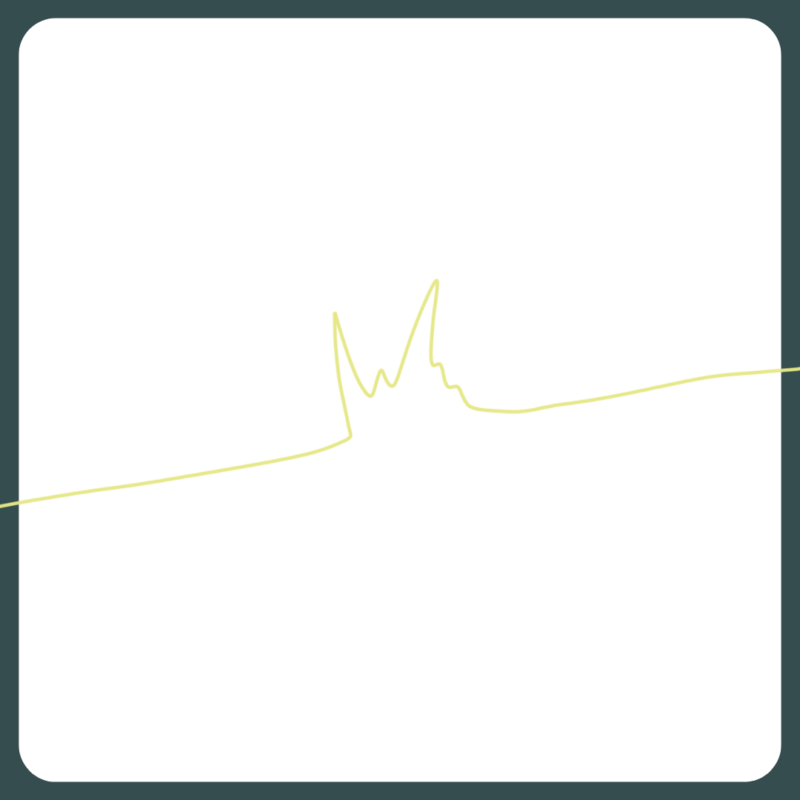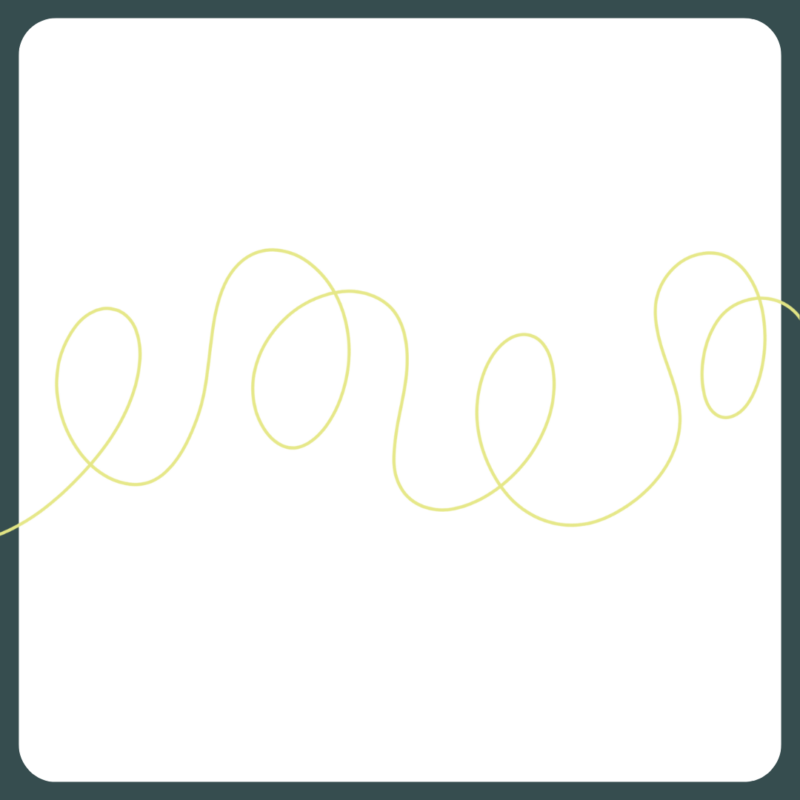Two of my kids play the piano. My son is younger and has been taking lessons for less time than my daughter, but the skill level he exhibits at his age compared to the skill level my daughter exhibited at the same age is noticeably different. I probably don’t have to tell you why this is, but I will anyway—my son just practices more. Becoming proficient in a musical instrument is not something that can be wished into existence or learned by simply listening to a teacher offering instructions—it requires consistent interaction with the instrument and, in return, has the potential to produce life-long fulfillment and joy for others.
In this same function, science has come to regard our own personal wellbeing—the quality of our lives—as not simply a passive, happenstance state of being, but that it is something we can actively pursue, shape, and even train. The ability to rewire our brain through repeated behaviors is known as neuroplasticity and, at this point, is not a new concept in the psychological world. What is new is the application of this training being applicable to wellbeing.
It comes down to a category shift. Wellbeing has historically fallen under a category of learning known as declarative learning—reading about wellbeing, self-help, even therapy. These are all excellent and necessary tools, but the improvement of our lives is often found in combination with another type of learning known as procedural learning. The shift of our wellbeing journey from one of declarative to procedural learning could be compared to a one-dimensional versus a three-dimensional world. One-dimensional is viewing the virtues we are pursuing as though looking at a newspaper, while three-dimensional living could be thought of as writing the columns and editorials about our own lives.
While we can see declarative learning as the predominant method found in the school classroom, procedural learning, for example, is woven throughout age-old traditions and practices of religion and spirituality. They function as two sides of the same coin—counterparts in the practice, the skill, of wellbeing. As we make the mental shift towards thinking of wellbeing as a skill to be practiced, a “mental hygiene,” our lives can become more vibrant, self-interactive, infused with new meaning and purpose.
Continue Exploring

Emotions
A Practice: 4-Step Mindful Breathing Exercise
Practicing mindful breathing can help us pause, check in with our bodies, manage our emotions, and redirect our attention.

Emotions
A Practice in Emotional Regulation: Tending to our Inner Selves
Practice attention and emotion regulation using the following.

Agility
A Practice: 5 As of Agility Worksheet
Download this worksheet and work through the practices. We recommend working with a friend and discussing your answers.

